Straight Talk on the Country’s War Addiction
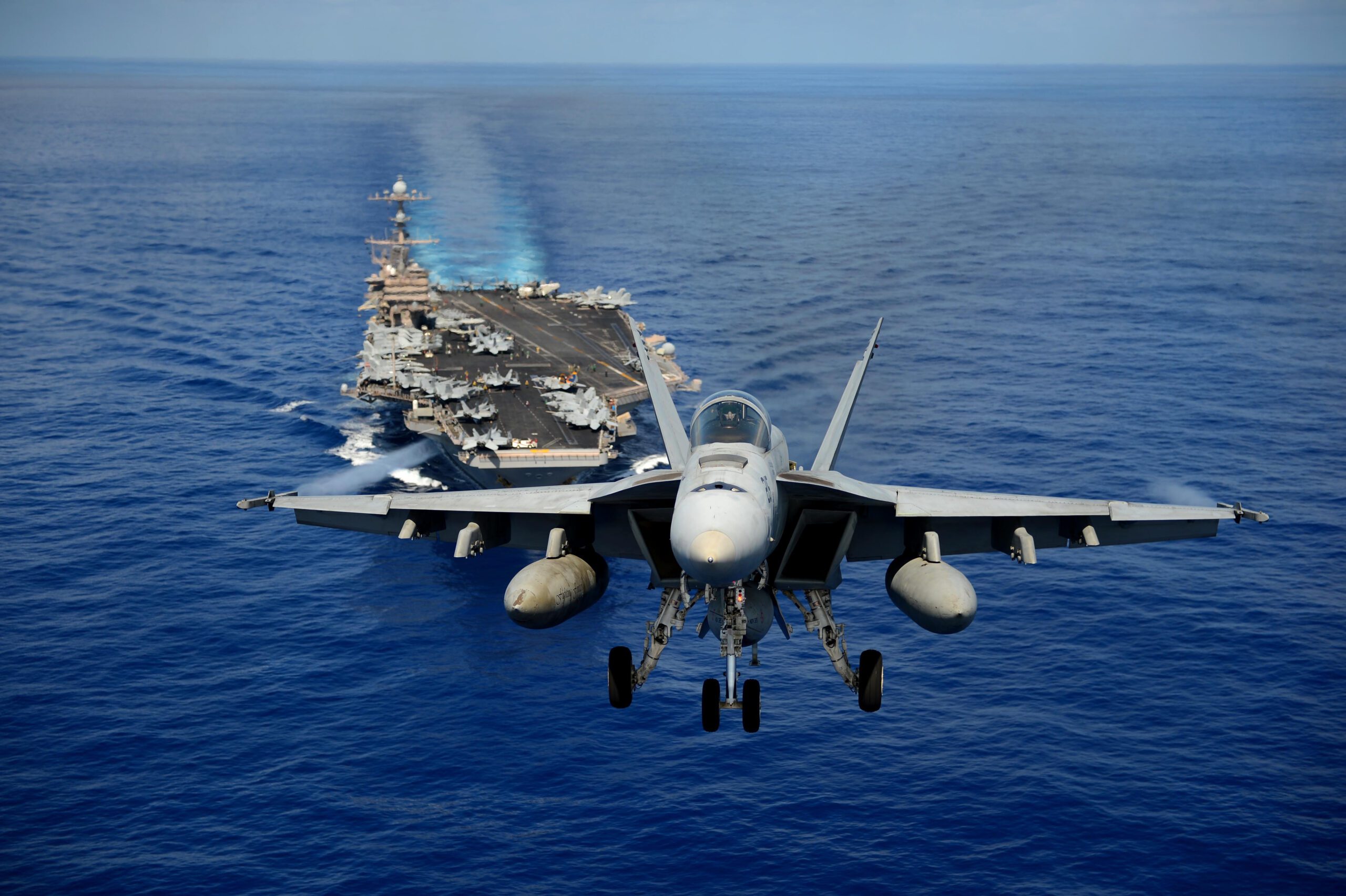
By Mark Hannah, Senior Fellow
This article appeared in The New York Times on February 18, 2023.
Without a fresh vision for America’s role in the world, many people in Washington link today’s geopolitical challenges with those of yesteryear.
China is cast as the new Soviet Union, and its high-tech military advances threaten a potential Sputnik moment. The ominously named Committee on the Present Danger, which stoked public support for military spending during the Cold War, was revived with its sights set on China. In support of Ukraine, America’s stockpile of missiles and rockets dwindles, spurring calls for the United States to once again “become the arsenal of democracy” and “bolster the defenses of the free and open liberal order.” Vladimir Putin is viewed archetypally as a lethal combination of an old K.G.B. spy and a ruthless Soviet leader.
Evoking America’s titanic struggles against fascism and communism can be rhetorically useful. It conjures an era remembered for its economic dynamism, its unity of purpose, its spirit of patriotism.
Yet simplistic renderings of the past tend to romanticize the effects of war on American society. These gauzy memories are as dangerous as they are perverse. War becomes a solution to America’s economic and political problems rather than what it truly is: a key contributor.
Read more of Mark’s article in The New York Times.

Written by Mark Hannah
Mark is a senior fellow with the Independent America project at the Institute for Global Affairs and host of the podcast, None Of The Above.
Read more from Mark
This post is part of Independent America, a research project led out by IGA senior fellow Mark Hannah, which seeks to explore how US foreign policy could better be tailored to new global realities and to the preferences of American voters.


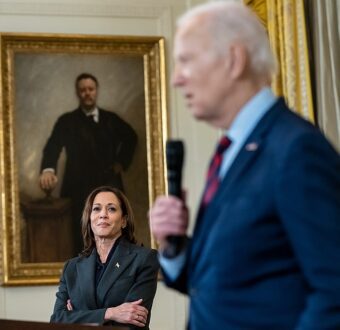

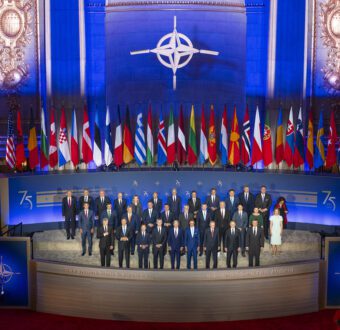
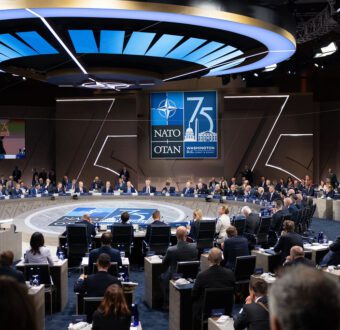

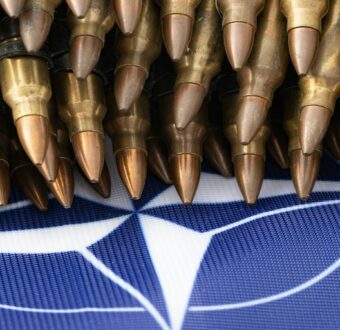
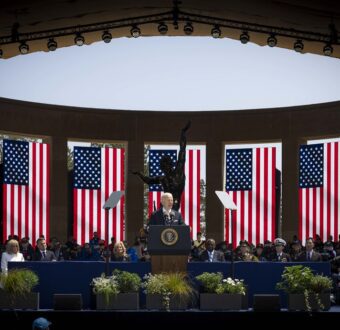



Americans Don’t Want a Wartime President